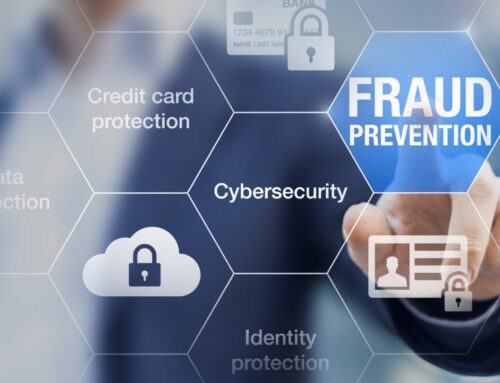Uncovering Fraud: The Vital Role of Service Fraud Investigators
Fraud is a growing concern for businesses of all sizes and industries. It can cause significant financial losses, damage to reputations, and legal problems. Service fraud is a specific type of fraud that involves deception or misrepresentation in relation to a service, such as consulting or contracting services. Service fraud investigators play a critical role in uncovering and preventing fraud, helping to protect businesses and individuals from the devastating consequences of fraud.
What is Service Fraud?
Service fraud occurs when a service provider engages in deceptive or misleading behavior in relation to their services.
This can take many forms, such as:
- Falsely claiming to be qualified or experienced in a particular field
- Providing services that are substandard or do not meet the agreed-upon standards
- Charging for services that were not provided or misrepresenting the cost of services
- Falsifying documents or information in order to obtain payment or other benefits
- Failing to disclose conflicts of interest or other relevant information
- Misrepresenting the scope or nature of services that will be provided
Service fraud can be committed by individuals or businesses, and can occur in a wide range of industries and contexts. It can be difficult to detect, as it often involves subtle forms of deception or misrepresentation. However, the consequences of service fraud can be severe, including financial losses, damage to reputations, and legal problems.
The Role of Service Fraud Investigators
Service fraud investigators play a crucial role in uncovering and preventing service fraud. They are trained professionals who have the skills and knowledge to investigate and gather evidence related to service fraud. This may involve:
- Conducting interviews with individuals involved in the service provider’s operations, such as employees or subcontractors
- Examining financial records, invoices, and other documentation related to the provision of services
- Conducting surveillance or other investigative activities to gather evidence of fraud
- Analyzing data and information to identify patterns or discrepancies that may indicate fraud
Service fraud investigators work closely with businesses and individuals who may have been victims of service fraud. They provide guidance and support throughout the investigation process, helping to ensure that all evidence is gathered and presented in a way that is admissible in court.
In addition to investigating service fraud, service fraud investigators also play a critical role in preventing fraud from occurring in the first place. They can help businesses to identify and address vulnerabilities in their systems and processes that may be exploited by fraudsters. They can also provide training and education to employees and other stakeholders, helping to raise awareness of the risks of fraud and how to prevent it.
Legal and Ethical Considerations
Service fraud investigators must operate within the bounds of the law and adhere to ethical principles in their work. This means ensuring that all investigations are conducted in a legal and ethical manner, and that all evidence is obtained in a way that is admissible in court.
Service fraud investigators must also be sensitive to the privacy rights of individuals involved in their investigations. They must ensure that all surveillance and investigative activities are conducted in a way that is respectful of individuals’ privacy, and that any evidence gathered is relevant and necessary to the investigation.
Service fraud is a serious problem that can cause significant harm to businesses and individuals. Service fraud investigators play a vital role in uncovering and preventing service fraud, helping to protect businesses and individuals from the devastating consequences of fraud. They have the skills and knowledge needed to investigate and gather evidence related to service fraud, and work closely with victims of fraud to provide guidance and support throughout the investigation process.
Service fraud investigators must operate within the bounds of the law and adhere to ethical principles in their work. By doing so, they help to ensure that all investigations are conducted in a legal and ethical manner, and that all evidence is obtained in a way that is
admissible in court. It is important for businesses and individuals to be aware of the risks of service fraud and to take steps to prevent it from occurring. This may include conducting due diligence when selecting service providers, monitoring services and invoices for any discrepancies, and seeking the advice of a service fraud investigator if there are any concerns about the quality or accuracy of services provided.
In summary, service fraud investigators play a crucial role in protecting businesses and individuals from the devastating effects of service fraud. They have the skills and knowledge needed to investigate and gather evidence related to service fraud, and work closely with victims of fraud to provide guidance and support throughout the investigation process. By adhering to legal and ethical principles, service fraud investigators help to ensure that all evidence gathered is admissible in court and that all investigations are conducted in a fair and respectful manner.





